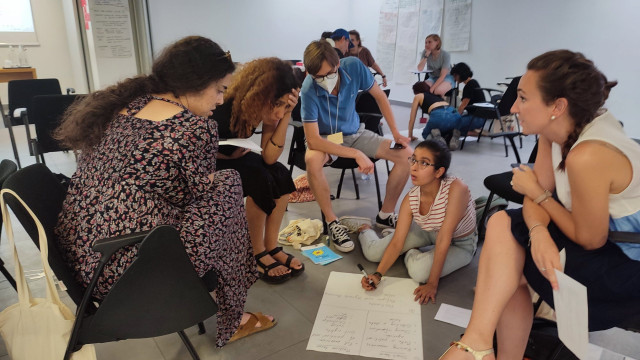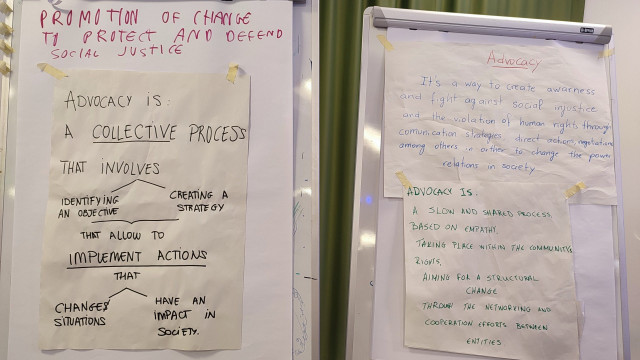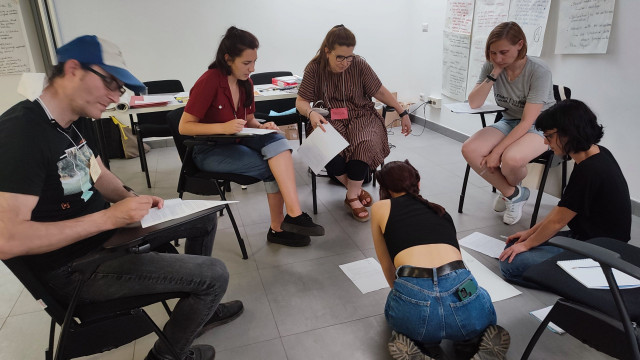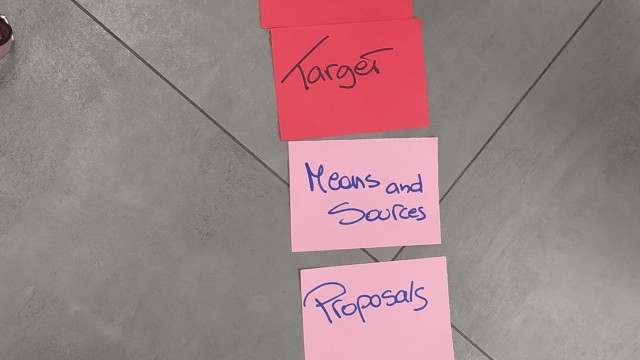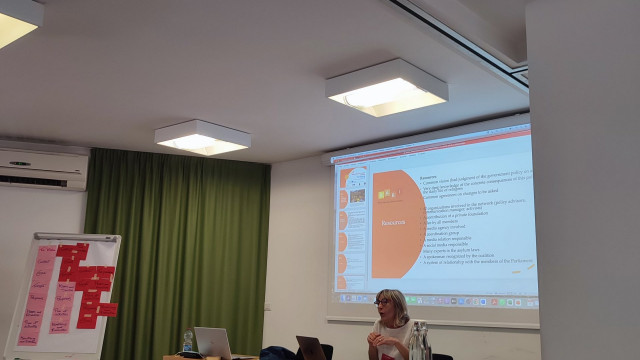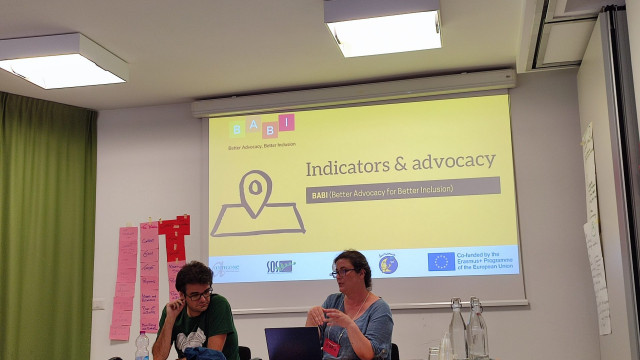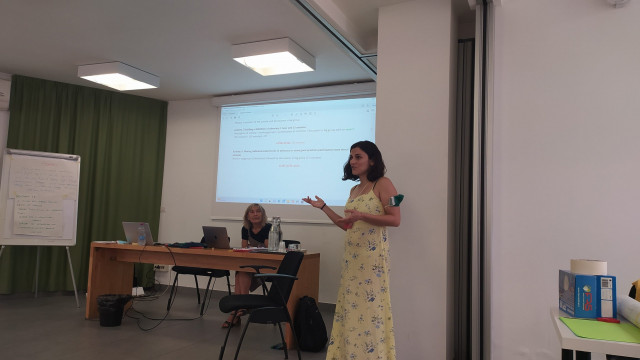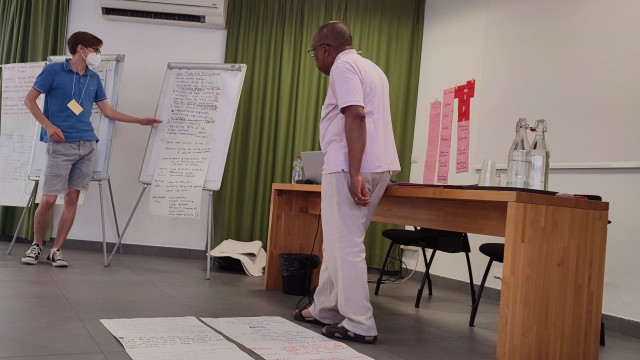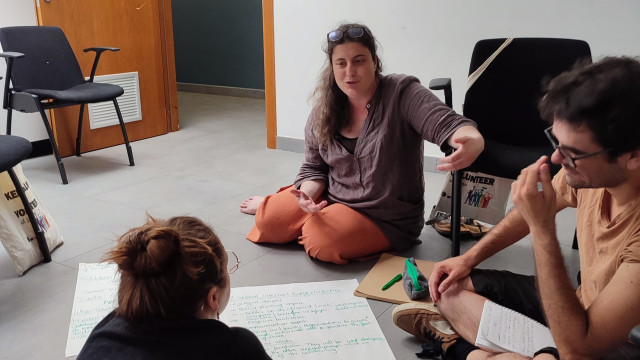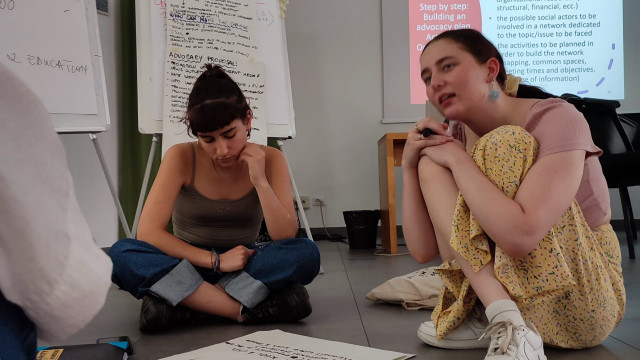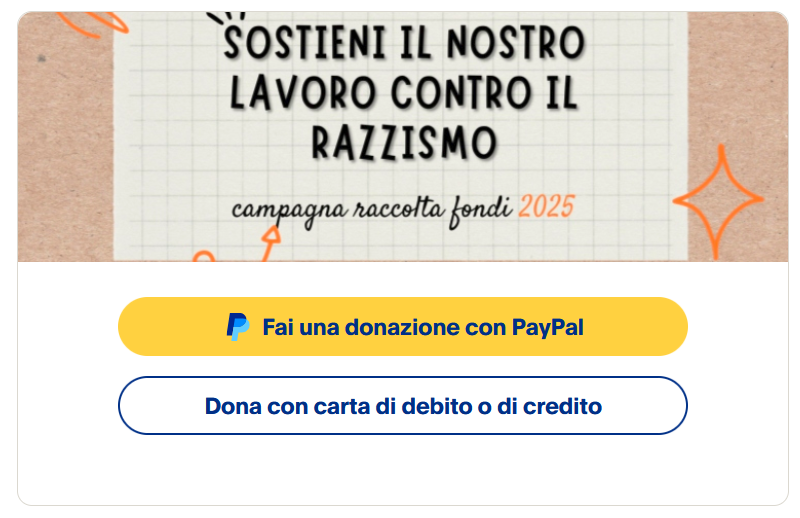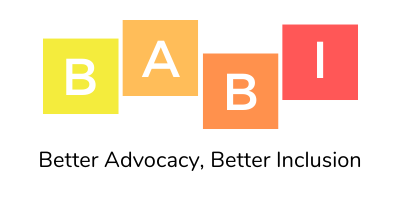
From the 4th to the 8th of June 2022, the participatory pilot training on advocacy took place at the Scout Centre in Rome, within the project BABI – Better Advocacy for Better Inclusion. There were 25 activists involved from Greece, Malta, Spain and Italy, chosen by the respective project partner organizations Antigone, Sos Malta, Sos Racisme Catalunya and Lunaria, for their commitment in the field of migration and the fight against racism and in particular for their involvement in advocacy activities. The overall objective was to provide participants with theoretical knowledge and technical skills to promote sound, coherent and effective advocacy actions addressed to public decision-makers. Moreover, through the use of non-formal education techniques, participants were able to actively interact on different levels. The proposed pilot training is the result of a qualitative research developed within the BABI project itself. A training module has been designed starting from the results of 78 interviews and tested on this occasion with the intention of subsequently designing a training module.
During the five-day training, divided into six sessions, a joint attempt was made to identify some strategic approaches to structure and improve advocacy initiatives, starting from a shared definition of the advocacy concept. The main stages of the advocacy cycle were then retraced, enhancing each step through simulations and group activities: from the need to carefully analyze the context in which to place one’s strategy in order to better describe the problem; passing through the drafting of a detailed plan, including general and specific objectives, a network of support for the cause and the various activities; to the choice of key messages and the channels through which to convey them.
Contributions from advocacy cases promoted by migrant and antiracist movements and organizations, as well as proposed examples of active participation and networking, were very useful for the discussion.
Finally, the participants were able to actively experiment with the collective design of an advocacy plan to put the training into a real, everyday context as much as possible.
The result was a very intense training, with more debated moments and others more relaxed, despite the fast pace at which the various sessions took place, the density of the topics covered and some language difficulties.
The topics that aroused the most interest and discussion were undoubtedly those relating to the thorny issue of structural racism – analyzed by the participants also thanks to the support of some exemplary cases – and that of the reception of asylum seekers and refugees. But that was not all: the arrivals of migrants by sea, the crossing of borders by migrants, reception in informal settlements, etc. were also discussed more broadly.
The use of photos and videos facilitated the discussions, leaving some significant passages more impressed in the memory. The discussion in small and large groups made it possible to highlight common and shared situations in the various EU countries, as well as the main differences.
The non-formal approach was also useful on the one hand to get the participants to know each other better, and on the other hand to lighten the intense working sessions.
Click here to download the International Pilot Training programme


